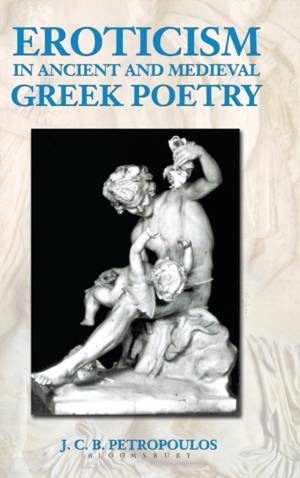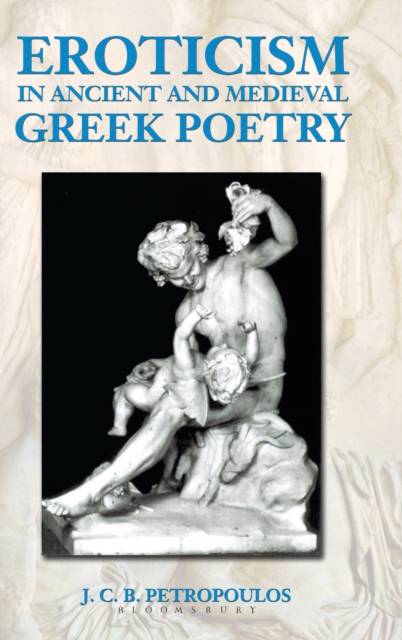
- Afhalen na 1 uur in een winkel met voorraad
- Gratis thuislevering in België vanaf € 30
- Ruim aanbod met 7 miljoen producten
- Afhalen na 1 uur in een winkel met voorraad
- Gratis thuislevering in België vanaf € 30
- Ruim aanbod met 7 miljoen producten
Zoeken
Omschrijving
Ancient Greek poetry, even at its most sophisticated, presupposed a degree of familiarity with, and assimilation of, many more elementary types of song. The continuous if uneven interplay between high-flown literature and sub-literary popular oral song types cannot be underestimated in any account of ancient Greek poetry.
John Petropoulos discusses the features of ancient Greek poetry, particularly amatory poetry, that can be attributed to the influence of popular song and, conversely, looks at how 'higher' poetry affected 'lower' genres in antiquity and medieval times. He goes on to investigate the relation between certain types of modern Greek folk song and their medieval - even ancient - predecessors. Concentrating on four cases that illuminate the evolution of the imagery, motifs and formal traits of love songs, this wide-ranging interdisciplinary study will be of interest to classicists and non-classicists alike, and particularly those concerned with popular eroticism and the colourful history of love songs in the Greek world.
John Petropoulos discusses the features of ancient Greek poetry, particularly amatory poetry, that can be attributed to the influence of popular song and, conversely, looks at how 'higher' poetry affected 'lower' genres in antiquity and medieval times. He goes on to investigate the relation between certain types of modern Greek folk song and their medieval - even ancient - predecessors. Concentrating on four cases that illuminate the evolution of the imagery, motifs and formal traits of love songs, this wide-ranging interdisciplinary study will be of interest to classicists and non-classicists alike, and particularly those concerned with popular eroticism and the colourful history of love songs in the Greek world.
Specificaties
Betrokkenen
- Auteur(s):
- Uitgeverij:
Inhoud
- Aantal bladzijden:
- 256
- Taal:
- Engels
- Reeks:
Eigenschappen
- Productcode (EAN):
- 9780715629857
- Verschijningsdatum:
- 31/10/2003
- Uitvoering:
- Hardcover
- Formaat:
- Genaaid
- Afmetingen:
- 156 mm x 243 mm
- Gewicht:
- 508 g

Alleen bij Standaard Boekhandel
+ 419 punten op je klantenkaart van Standaard Boekhandel
Beoordelingen
We publiceren alleen reviews die voldoen aan de voorwaarden voor reviews. Bekijk onze voorwaarden voor reviews.







